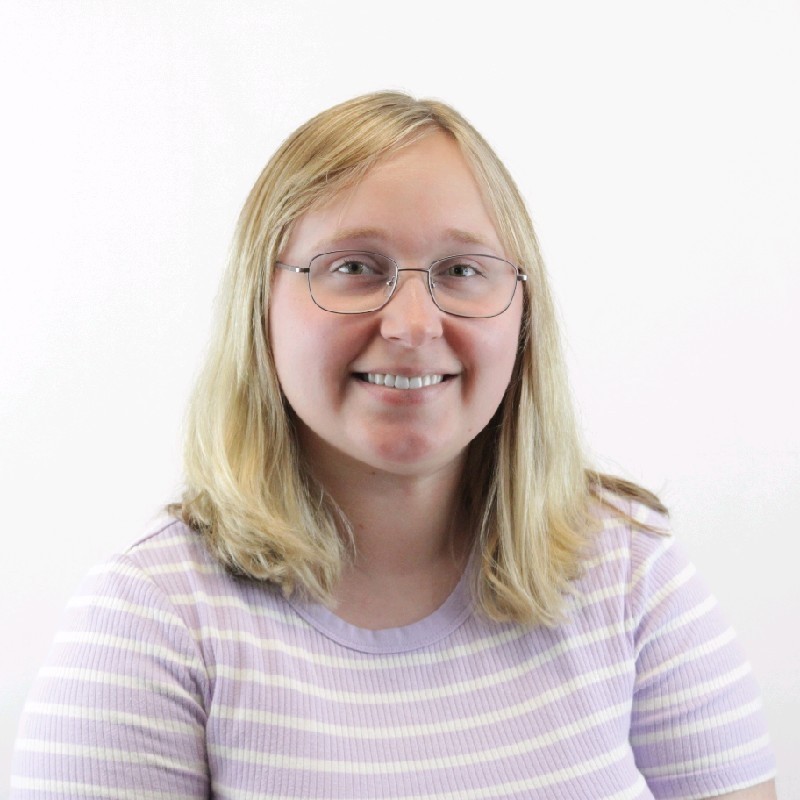Eliza Sullivan - FPGA Design Engineer
 Can you tell us a bit about your background and what you do now?
Can you tell us a bit about your background and what you do now?
Growing up, my parents worked for the local county school district. My mom was a literacy interventionist, and my dad a school psychologist. Neither of them were very science, math, or engineering oriented, but they were (and still are) creatively-minded. In public school, I always excelled more in math. I ended up going to a technical public high-school where I could take career-centered courses alongside my requirements for graduation. There was a pre-engineering academy at the school but I knew I was more interested in technology, so I was in the Information Technology HW academy. I took courses such as Networking and Computer Engineering where I got to learn about computers. I ended up liking it, but knew I wasn't crazy about coding, so I pursued a degree in Electrical Engineering at BYU-I. BYU-I is accredited, and even though it's not known as a "prestigious" or "competitive" school, it still was a very rigorous degree because the semesters are split into 3 semesters, 14 weeks each, and I had only 1 credit to do whatever I wanted with. Every other credit in my 120-credit degree had something to do with E.E. Thankfully I made it through with decent grades, and had a good internship at Raytheon Missiles and Defense (in AZ) that helped me launch my career in Firmware/FPGA design. I wanted to move back to my home state of NC so I got a job that moved me. I currently work for GE Hitachi Nuclear Energy as an FPGA Design Engineer. I also have my Scrum Master certification for Agile Scrum.
*An FPG works with Field Programmable Gate Arrays, which are special digital integrated circuits. Their main advantage is that they can be programmed and reprogrammed to perform different tasks.
I value documentation and have great organizational skills, and my seniors at work value these other, less "technical" skills. They also genuinely want me to learn and succeed and don't expect me to "just know" things. I like that I can use my skills to help create net zero carbon energy and be a part of a movement that is breaking down the stigma against nuclear energy.
Did you have a favorite mentor and how did they inspire you?
I had a great mentor at my previous job (Raytheon). He was a senior engineer and was really dedicated to the job. Despite being in a highly technical position and having a ton of stress on him, he was always really kind, had a smile on his face, and made time for anyone who needed him. I admired that he was able to hone both his technical and interpersonal skills so well. I have coworkers who get irritated when they feel "distracted" by others to get work done, but your colleagues and leadership really do watch and notice the little things like that. I always try to make time to help my coworkers out, and kindly set boundaries when I need to to manage my time well. Because of that, and seeing that it CAN be done, I know they trust me and truly value me as a competent engineer, even if I'm not the smartest or know a lot. I spent my whole career building the technical, but I can start being reliable and committed now.
What is one piece of advice you wish you had received when you were just starting out?Just be present with an open mind to learning. Don't feel rushed to learn everything. The more you do, the more you'll learn, you just need the confidence to dive in.
